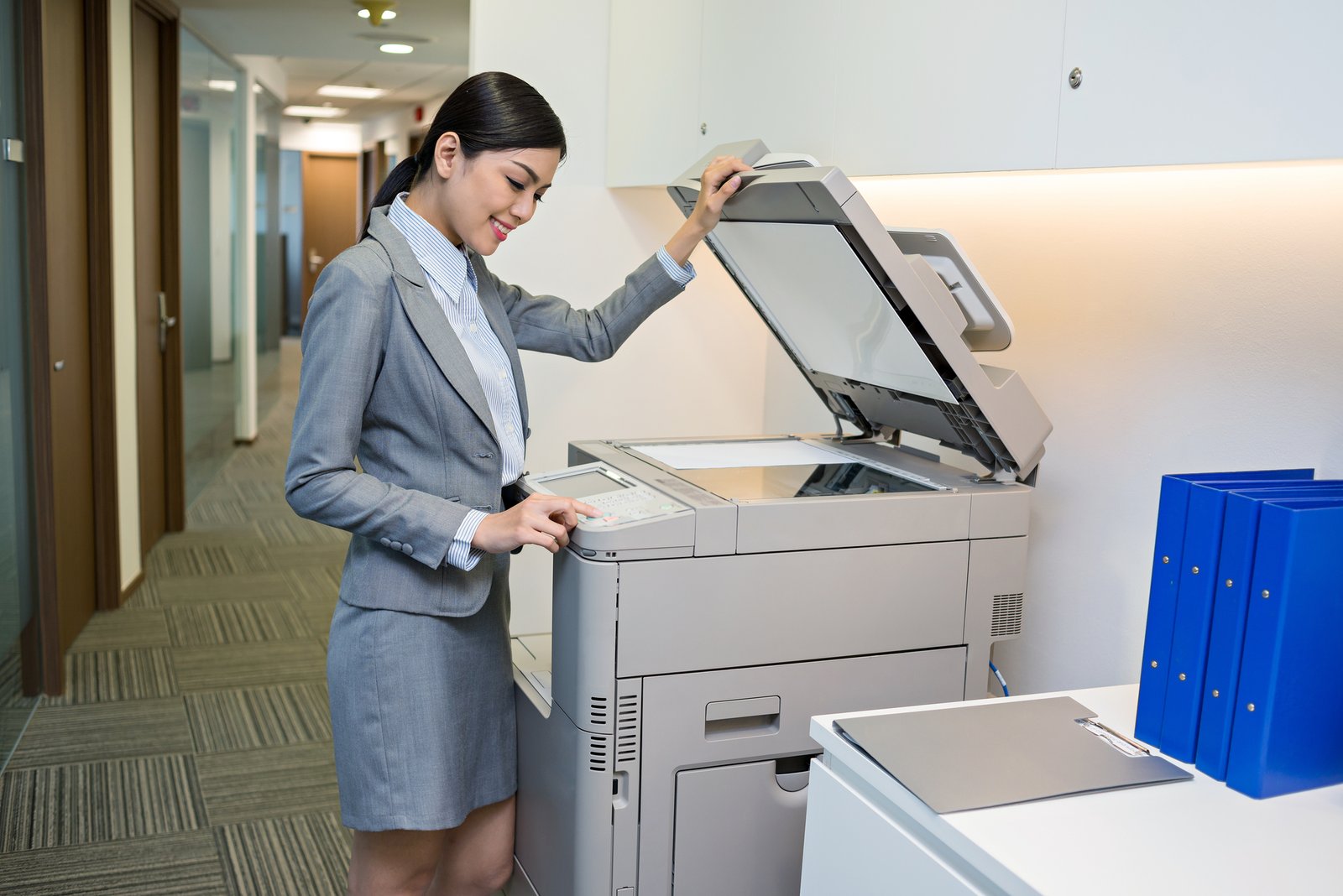The modern workplace is constantly evolving, and behaviors once considered standard practice are now viewed as unprofessional. This shift reflects a broader change in societal norms and professional standards, and an increased awareness of the importance of maintaining a respectful and efficient work environment. Here, we explore several behaviors that have transitioned from being acceptable to being frowned upon.
Excessive Socializing

In the past, excessive socializing at work was often overlooked as a natural part of building camaraderie among colleagues. However, today’s professional environment demands higher productivity and focus. Spending too much time engaging in non-work-related conversations can be seen as a waste of company resources and a distraction to others. The rise of open-office plans has exacerbated this issue, making it easier for conversations to disrupt the work of others. Companies now encourage a more balanced approach, promoting team-building activities outside of core working hours to ensure productivity remains high during the day.
Casual Attire

The shift from casual to more formal attire in many workplaces reflects a broader trend toward professionalism. What was once acceptable, like wearing jeans or casual shirts, is now often seen as too relaxed. Many companies have reintroduced dress codes to ensure that employees present themselves in a manner that aligns with the company’s brand and values, especially in client-facing roles. The concept of “dress for success” has made a strong comeback, with studies showing that dressing formally can positively affect an individual’s mindset and work performance.
Personal Phone Use

Using personal phones for non-emergency purposes during work hours was once a common sight. However, with the rise of digital distractions, many employers have tightened policies around personal phone use. Constantly checking social media, messaging, or playing games is now deemed highly unprofessional, as it significantly hampers productivity and can lead to mistakes. To combat this, companies are implementing stricter policies, such as designated phone-free zones or specific times during the day when phone use is permitted.
Open Office Gossip

Gossiping about colleagues or company matters was often an accepted part of office culture. Nowadays, this behavior is heavily discouraged as it creates a toxic work environment and can lead to conflicts and decreased morale. Companies are emphasizing the importance of maintaining a professional and respectful communication style to foster a positive workplace culture.
Tardiness

Arriving late to work or meetings were sometimes overlooked, especially if the individual was seen as a high performer. However, punctuality is now a crucial aspect of professionalism. Consistently arriving late is viewed as a lack of respect for others’ time and can disrupt workflow. Organizations are providing training and tools to help employees manage their time better, ensuring that everyone can meet their commitments punctually and maintain a smooth workflow.
Excessive Breaks

While breaks are necessary for maintaining productivity and well-being, they are seen as unprofessional and an abuse of company time today. Companies are encouraging regular, short breaks to help employees recharge without significantly impacting productivity. These micro-breaks are designed to reduce fatigue and improve overall efficiency, ensuring that employees remain focused and productive throughout the day.
Loud Talking

Speaking loudly or engaging in boisterous behavior was often tolerated, especially in less formal office environments. However, such behavior is now considered disruptive and unprofessional. Modern office designs incorporate soundproofing measures and designated quiet zones to help minimize distractions. Employees are also being trained on the importance of maintaining a respectful noise level to ensure a conducive work environment for everyone.
Bringing Personal Issues to Work

In the past, it was not uncommon for employees to openly discuss their personal problems at work. Today, bringing personal issues into the workplace is discouraged as it can affect productivity and workplace harmony. Employers are providing access to employee assistance programs (EAPs) to help staff manage their personal challenges more effectively. These programs offer confidential counseling and support services, enabling employees to address their issues without disrupting their work.
Lack of Email Etiquette

Email communication has become a cornerstone of professional interactions. Previously, informal language and delayed responses in emails were tolerated. However, lack of email etiquette, such as using slang, emojis, or not responding promptly, is now viewed as unprofessional. The rise of remote work has further emphasized the importance of email etiquette.
Inappropriate Use of Company Resources

Using company resources for personal use, such as printing personal documents or using company software for non-work activities, was often overlooked. Today, this behavior can lead to significant costs and is seen as a breach of trust and integrity. The misuse of company resources can also have legal implications. Companies are reinforcing their policies on resource usage and monitoring compliance to ensure that resources are used appropriately.
Physical Contact

Behaviors such as hugging or patting on the back were once normal in many workplaces. However, physical contact is now a sensitive issue. To prevent discomfort and maintain professional boundaries, most workplaces have adopted policies that minimize physical interactions. A handshake is often the most acceptable form of contact. Organizations are promoting a culture of respect and inclusivity, where personal space is honored, and physical interactions are kept professional and appropriate.
Personal Grooming at Work

Activities like fixing hair or applying makeup at one’s desk in the current professional environment is considered inappropriate. The emphasis on maintaining a professional appearance extends to personal grooming habits. Companies are encouraging employees to present themselves neatly and professionally at all times.
Bringing Pets to Work

Bringing pets to the workplace was once a quirky and accepted practice in some offices. However, it is now generally seen as unprofessional unless explicitly allowed by company policy. Pets can be a distraction and may not be suitable for all work environments, especially those with specific hygiene standards. The debate over pets in the workplace reflects differing views on their impact on productivity and workplace dynamics. While some companies continue to allow pets as part of their culture, others have implemented stricter policies to ensure a focused and professional work environment.
Using Slang and Casual Speak

Using slang or overly casual language in meetings or professional communications was often tolerated. Today, it is considered unprofessional and can undermine the seriousness of business discussions. Employees are expected to use clear, professional language to ensure effective communication. Companies are providing guidelines on appropriate language use and training to help employees adapt to the expected communication standards.


